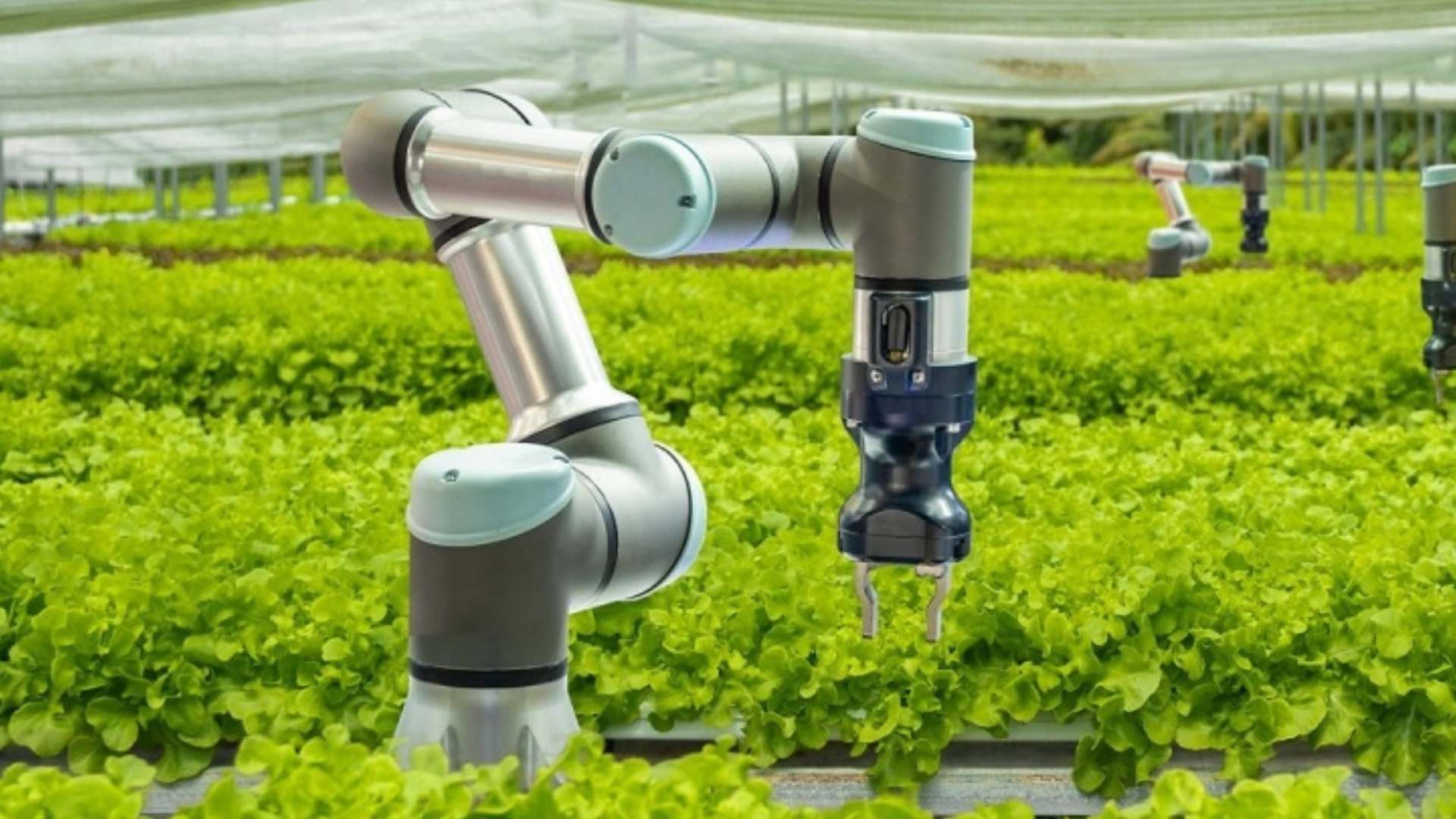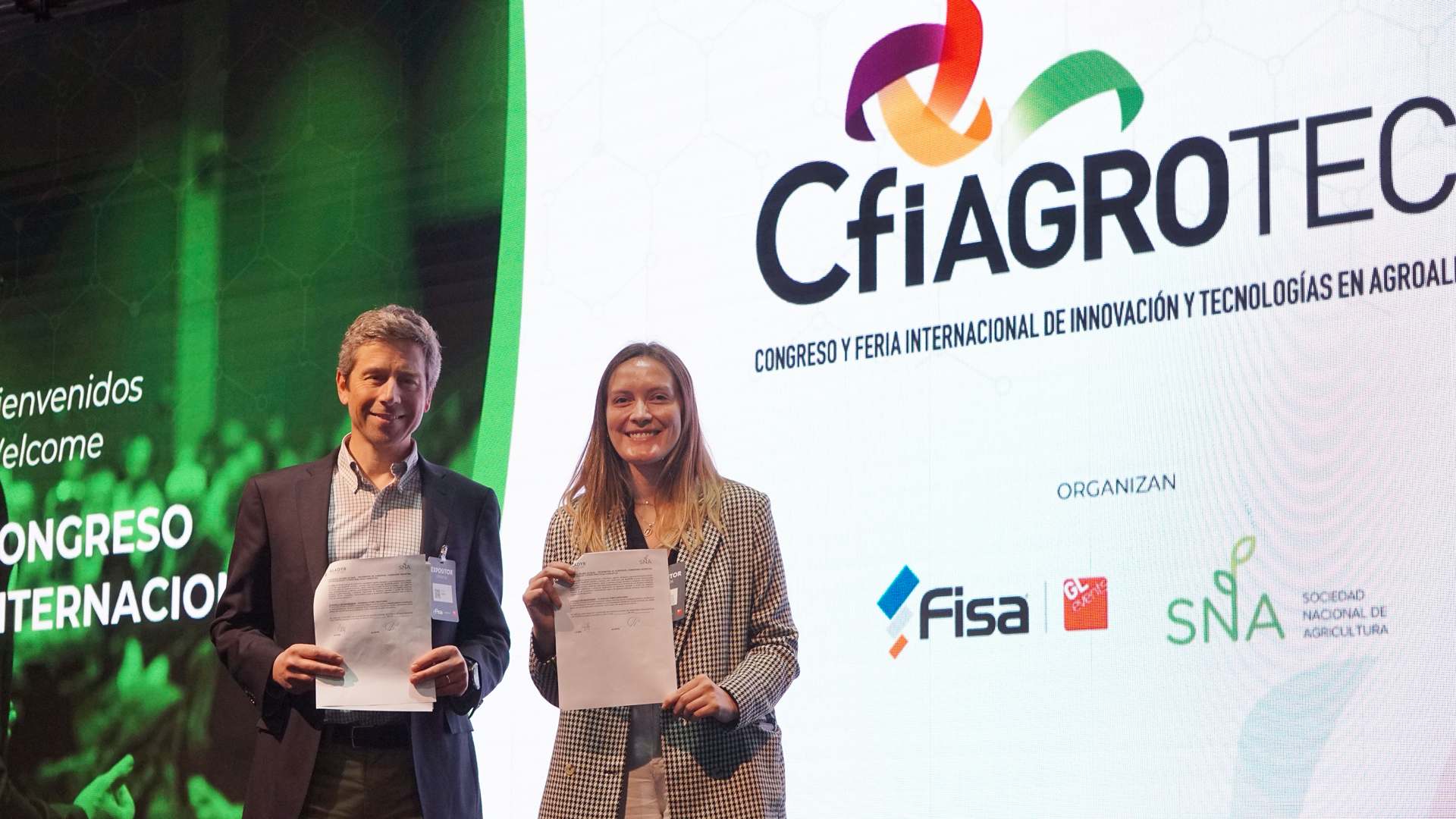
This integration not only introduces efficiency and safety, but fundamentally transforms food production and development, promising a future where innovation and sustainability go hand in hand. Beyond improving production processes, AI is changing the way new food products are conceived, designed and marketed. Using predictive analytics and machine learning, companies can better adapt to consumer preferences and significantly reduce time and resources spent on trial and error. This combination of technology and culinary science opens up new possibilities in ingredient discovery and pushes the boundaries of what is possible in taste, nutrition and environmental impact. Thus, the role of AI in the food industry is not only limited to improving production efficiency and safety, but is also redefining product development. The ability to predict weather patterns, detect disease and optimise the use of resources makes AI an essential tool for reducing waste and increasing profitability. Want to know more? Dive into the AI revolution in the food industry and beyond. Read the CAS Insights article and find out how this technology is transforming the industry and what are the latest innovations in related fields.



 Related News
Related News Desalination and water reuse open up a range of possibilities for Chilean agriculture
Desalination and water reuse open up a range of possibilities for Chilean agriculture
 CfiAgrotech 2023: Renowned international exhibitors confirmed for the agri-food congress
CfiAgrotech 2023: Renowned international exhibitors confirmed for the agri-food congress
 Cfiagrotech presents “Despega Tu Emprendimiento” contest for small and medium-sized companies in the agri-food sector
Cfiagrotech presents “Despega Tu Emprendimiento” contest for small and medium-sized companies in the agri-food sector
